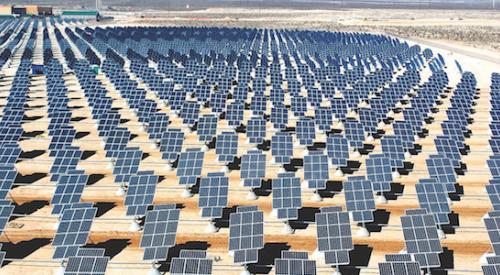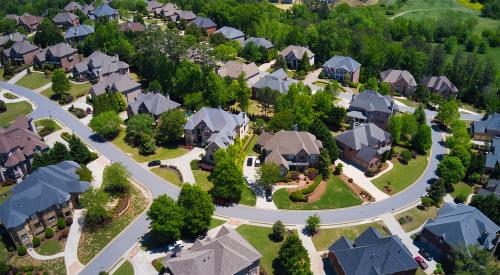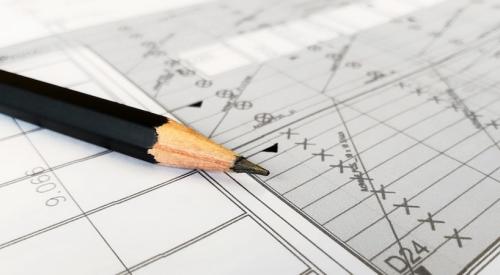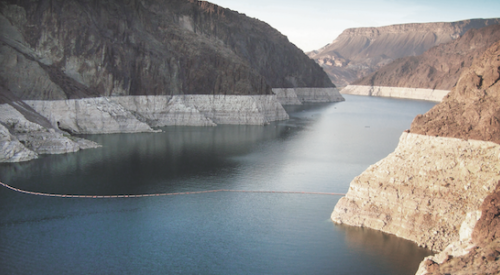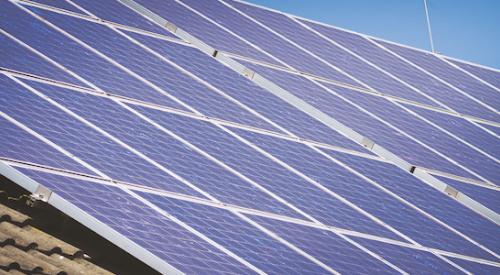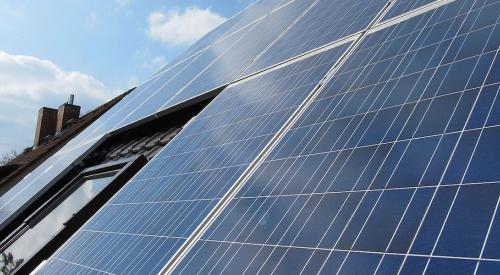Solar power has made some massive strides over the past few years. On a regular basis, there are stories about new rules, regulations, and policies that are being put into place around the country to maximize the benefit and potential of solar power. But not every city is creating new policies to make utilizing solar power easier. In some places, in fact, it is just the opposite, CityLab reports.
As part of a new report set to come out from Geer Ryan at the Center for Biological Diversity, the 10 worst scoring states in terms of how well their policies encourage rooftop solar panels were ranked. The bottom 10 states could, theoretically, produce 35 percent of the country’s energy supply from rooftop solar installations. But currently, they only account for 6 percent.
The 10 states that scored worst while having the highest solar potential are Alabama, Florida, Georgia, Indiana, Michigan, Oklahoma, Tennessee, Texas, Virginia, and Wisconsin.
There are multiple reasons why these states produce so little solar power compared to their potential. For example, all ten states lack community solar laws. A community solar installation allows customers to subscribe to it and get provided with clean energy. It is relatively new and very different from producing the energy on your own property, thus it requires a strong legal framework to make it possible.
Additionally, seven of the 10 lowest ranked states do not have any type of solar mandate that requires utilities to generate a certain percentage of their electricity from renewable sources. Also preventing these states from reaching their solar energy potential are rules blocking third-party ownership and obstructing public input.
